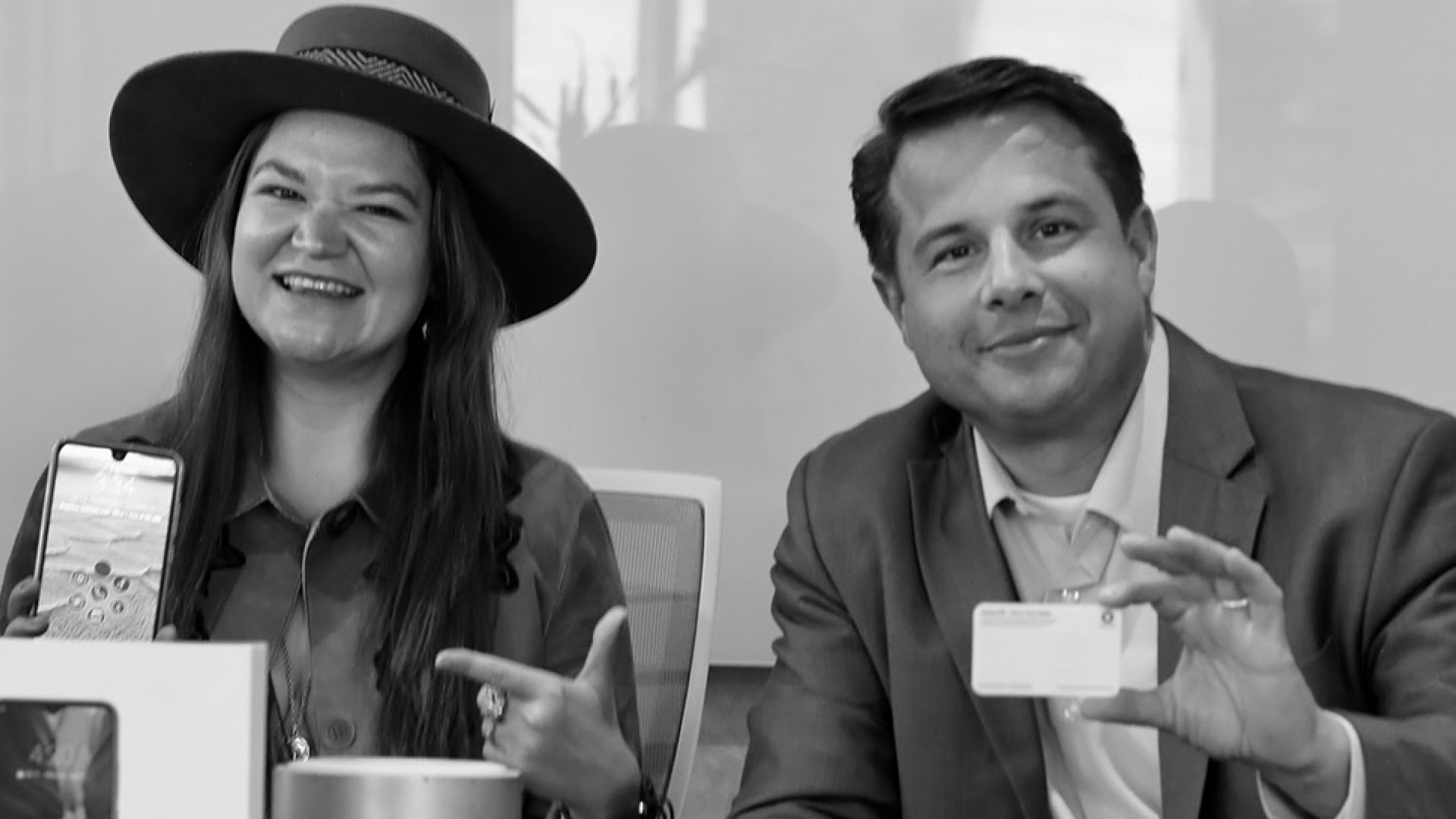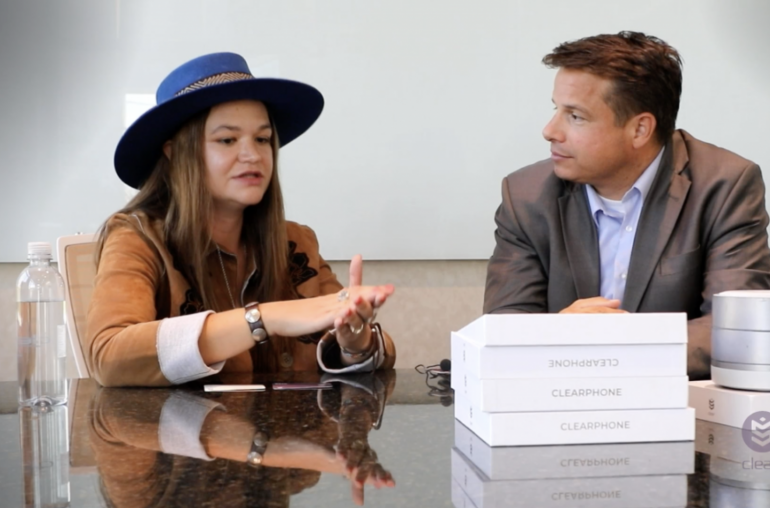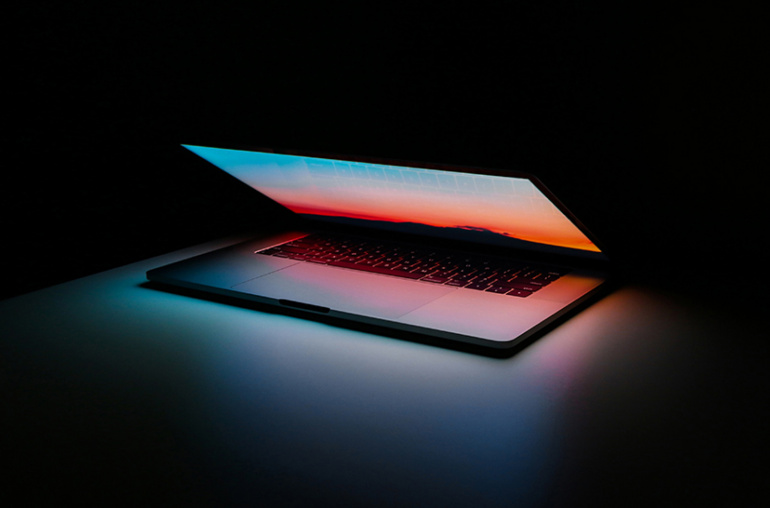A Conversation With Brittany Kaiser
I recently caught up with Brittany Kaiser to talk about data ownership. One good thing about the pandemic is that it slowed down her worldwide travel schedule and we could chat. Brittany used to work for Cambridge Analytica, the data analytics company that got caught using the personal data of millions of people to manipulate opinions and influence elections worldwide. Brittany’s moment of truth came when she saw first-hand how whole populations could be swayed by a false narrative that played to their fears. She became a whistleblower on the practice of targeting “persuadables” with misinformation, and now an activist for individual data rights. She advises corporations and governments all over the world, helping to create protective legislation, educate the younger generation and bring awareness to the general population.
Most of us don’t understand how our data is used, often to mislead us. “This iphone of mine sells my personal data to thousands of companies every minute,” Brittany says. “You can’t see your data, that’s why it’s taken people so long to understand that personal data ownership is an issue. But in just the last few years I have seen so many examples of what can go wrong if you have no ownership and you have no consent.”
The Cambridge Analytica model really was to weaponize people’s personal data against them. They preyed on people’s fears, first by using their personal data to identify them, and then to target them with misinformation designed to get them to make decisions based on their fears.
“Just being aware of how your data is used helps you make better decisions,” Brittany says. “Having a device like ClearPHONE where I can see how many trackers are blocked and know my data isn’t being profiled really helps. The real magic comes when I can monetize my data. What technologists call fractionalized ownership could actually help people put food on the table.”
The threat of being hacked, tracked, profiled and manipulated are very real. So yes, we are working for solutions that prevent that. Brittany is working with a number of human rights organizations to improve the way populations live and how technology, specifically data ownership, can facilitate that change. And that’s what really excites us at Clear. Yes there are threats to democracy, to our personal freedoms, even our mental health when we don’t own our personal data. But on the flip side, there is so much to gain. “Being paid for sharing your personal profile is a big deal in some of these communities where unemployment is so high. It would put bread on the table,” Brittany continues. “It’s basic earned income.”
Big data companies make trillions of dollars from our data. It’s a bigger commodity now than oil. Imagine if those profits were shared with those who provided the data. Imagine if a pharmaceutical company or medical research facility needed data to find better health solutions. What would they pay people for their data? Now we see how impactful owning your personal data can be. But it’s not going to just be policy change. It needs to happen on the personal, user level with a device that does the work for you. A device that lets you set rules and create your own profile based on your activities, and then puts it out on the auction block. You can see how empowering it is to have control, to have choice when it comes to our own person, natural resource.
“I’m so glad there is a company creating this product,” Brittany says. “I’ve looked for something like this for 3 years. Thanks for building it.”
Thank you Brittany, for shining a light on an issue that will become an opportunity for so many.
The future is Clear.





